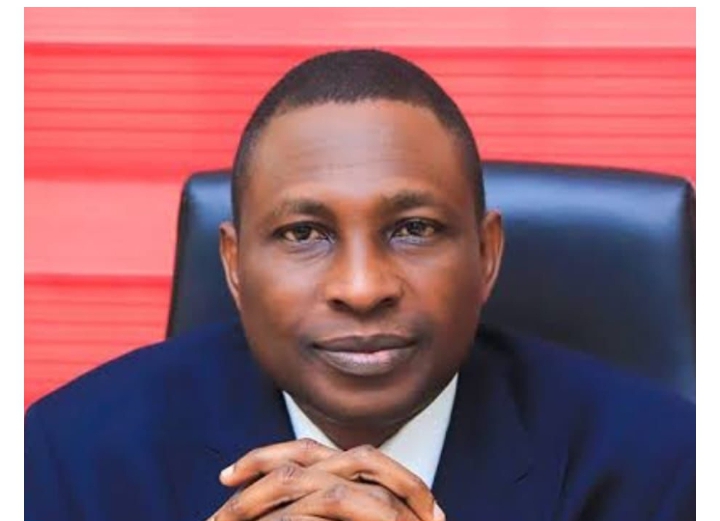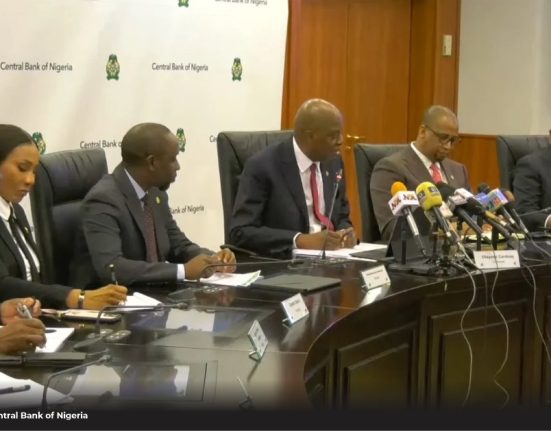The Economic and Financial Crimes Commission (EFCC) has linked terror financing in Nigeria to systemic corruption, weak governance, and poor accountability structures.
EFCC Chairman Ola Olukoyede highlighted that insurgents, bandits, kidnappers, separatist agitators, and cybercriminals exploit these weaknesses to sustain their operations, which have severely disrupted Nigeria’s security, economy, and social order.
In a lecture delivered at the National Institute for Security Studies, Abuja, Olukoyede explained that violent non-state actors rely on illicit financial networks, including money laundering through virtual currencies and foreign exchange trading via Bureau de Change operators. The EFCC has intensified efforts to monitor these channels, regulate NGOs in conflict zones, and investigate military officers involved in misappropriation of counter-insurgency funds.Olukoyede also identified challenges to counter-terrorism financing such as poor inter-agency collaboration, cash-based transactions, gaps in telecom regulation, and lax Know Your Customer (KYC) compliance by banks and fintech firms.
0Despite these obstacles, he expressed optimism that with national resolve, improved governance, and enhanced cooperation among agencies, Nigeria can overcome the menace of violent non-state actors.The EFCC’s work in this area is supported by international partners, including the United States government, which collaborates closely with the commission on anti-corruption, counter-terrorism, and money laundering efforts.
The EFCC continues to strengthen its intelligence-driven operations and calls for enhanced technological support and capacity building to disrupt terror financing networks effectively.
In summary, the EFCC underscores that terrorism in Nigeria cannot be separated from corruption and weak governance, and tackling these root causes is essential for restoring peace and security in the country.







